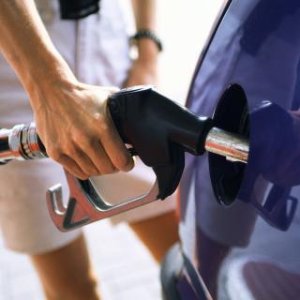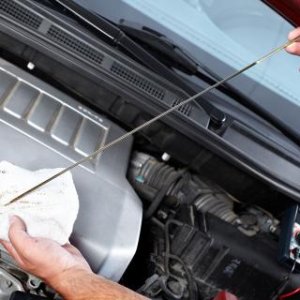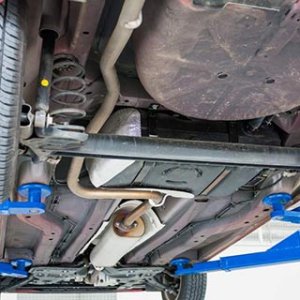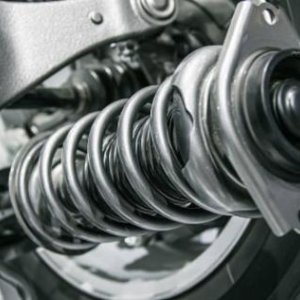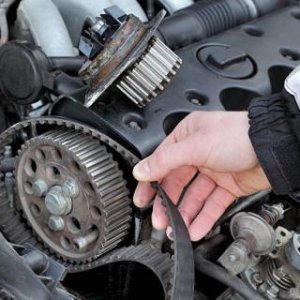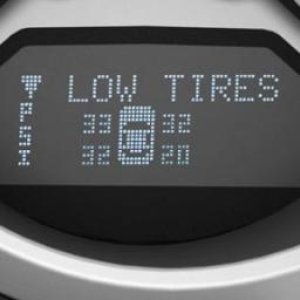Fuel and Engine Management
Engine operation management requires the input of a few systems working together. The filtered air of the inductions system, the fuel delivered to each cylinder, and the emissions system all feed information to the ECM (or PCM) and the computer calculates the proper amount…
Hard Starting
There are many systems required for a car to start properly, so regular maintenance is necessary to keep your vehicle starting reliably. First, there are many electrical components needed to start successfully. A well-charged battery…
Oil Changes
An oil change is like a transfusion of new life into your vehicle. Over time, oil can lose some of its chemical properties that are designed to reduce corrosion and increase the lubrication in your engine. In some environments, dust and dirt can also find their…
Powertrain Systems
The powertrain of your vehicle consists of the engine, transmission or transaxle, and rear differential if you have rear-wheel drive. If you have a gas/electric hybrid, an electric motor or two may also…
Shocks and Struts
Shocks and struts are pneumatic or hydraulic cylinders that dampen ride motions and keep your tires firmly in contact with the road. They are critical to the safe operation of your vehicle, as they control the up and down motions you experience while driving down the road.…
Timing Belt
A timing belt is an internal engine belt or chain that tells the valvetrain of your engine what to do based upon the events of the crankshaft and pistons. It controls the intake and exhaust valves, creating just the right amount of gases in the cylinder for…
Tire Pressure Monitoring System
A tire-pressure monitoring system (TPMS) is an electronic system designed to monitor the air pressure inside the pneumatic tires on various types of vehicles. These systems are usually battery operated and…

